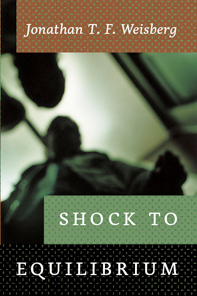A fourteen-hour discussion among the world’s leading academic psychologists, sociologists, biologists, anthropologists, and philosophers ended in consensus on a new definition of what it means to be human.
Previous definitions of what made humans distinctive within the animal kingdom, such as being “the tool-using species” or “the language-using species” have each briefly allowed us to hold ourselves above the brute beast, but have eventually fallen by the wayside as science uncovered greater and greater complexity in the lower orders: dolphins communicating with chirps and squeaks and chimps using stone and wood tools. Other potential distinguishing points, such as the ability to feel loyalty or devotion, did not withstand the barest observation of various bird species that have monogamy rates much higher than those found in human communities. Altruism has been proposed as another distinguishing feature, but after researchers defined it in such a way as to rule out behaviors such as maternal nursing and primate grooming, they could not locate the quality in humans either.
The idea that only humans drink beer from cans affixed to headgear was rejected as a difference of degree, not kind. The proposal that only humans ride sleds onto half-frozen ponds to see if they can get across was disproved when a drunk man in Vermont put his bichon frise on a sled and pointed it at the water. The dog was seen to bark happily before going under.
All of this background was revisited in the first seven hours of debate without resolution. But then one computer scientist ventured the definition that only humans could create a machine capable of outsmarting its creators. [Read more…]







